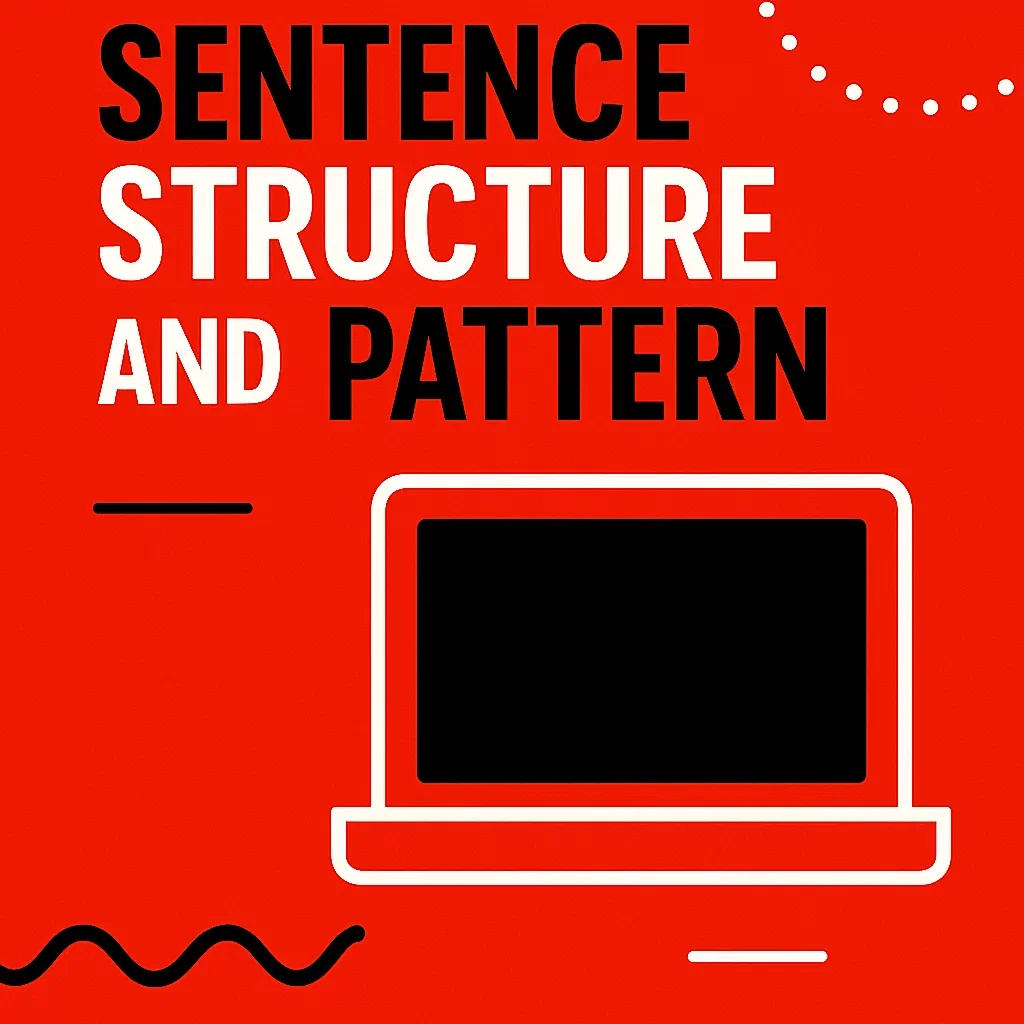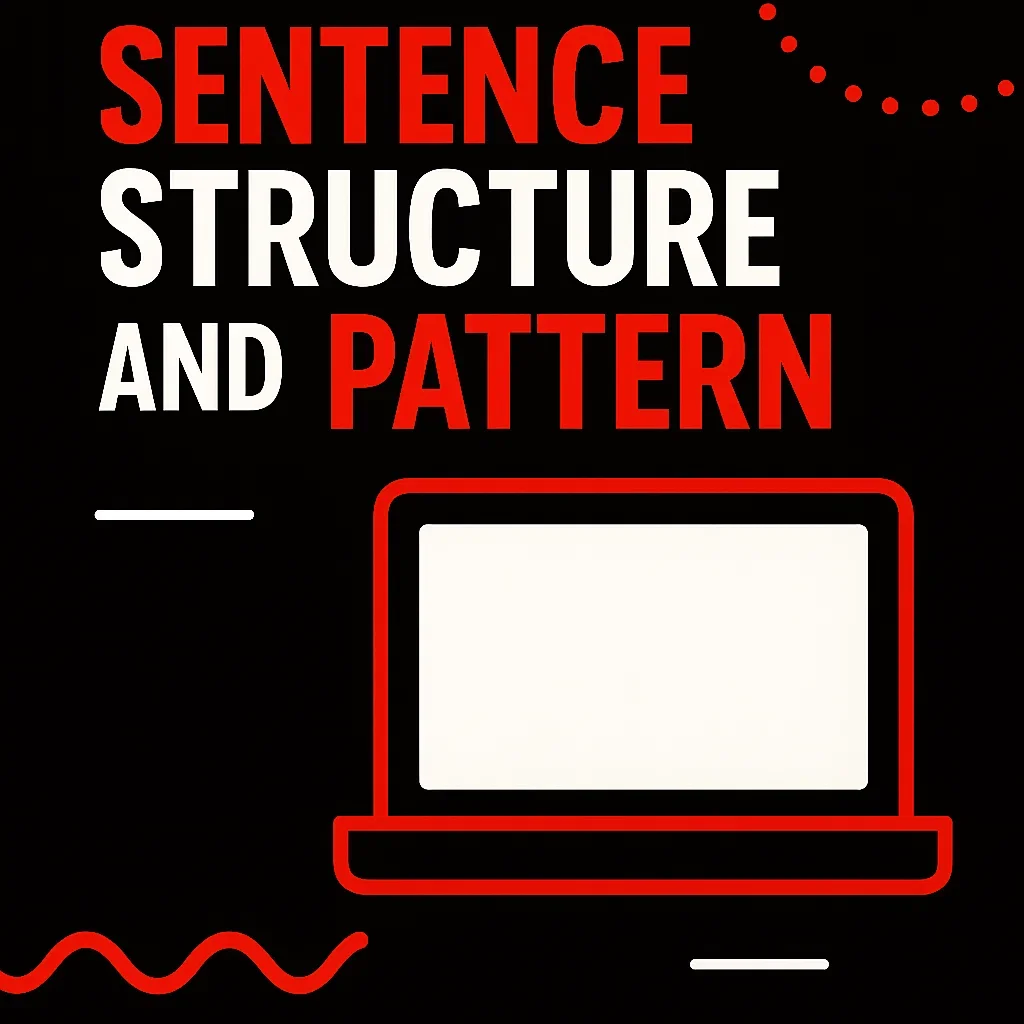Pronunciation and Tonal system taught by Uzoma Veer
This post is set to “Public View,” so anyone with a link can view it. Feel free to share it with others.
Watch the live recording of Session 4 from our free Igbo language class held on Zoom below.
Quick recap
Uzoma led a discussion on the Udaala and its categories, emphasizing the importance of context and tone in the Igbo language. The group also practiced speaking Igbo and engaged in a tongue twister exercise, with a focus on the complexities of the language, particularly the use of tone markings. The conversation ended with a discussion on the pronunciation and meaning of Igbo words, the 5-way rule for testing, and the importance of tone marking in the context of vowels and questions.
Next steps
All participants to practice using the 5-word rule for tone marking in Igbo.
All participants to practice identifying and marking tones for words with multiple meanings, such as "isi" (head, smell, chapter).
Uzoma to prepare additional examples of words with different meanings but similar spellings for the next class.
All participants to review the recorded session to reinforce understanding of tone marking concepts.
All participants to review and memorize the rules for tone marking, including:
Only vowels receive tone marks
Questions start with a low tone on the first vowel
Tone marks are placed on the first and last vowels of a word
Session Summary Notes
Udaala Categories and Tongue Twister Exercise
Uzoma led a discussion about the Udaala and its categories. They discussed the difference between the two types, with the Udaala being associated with the short vowels and the heavy ones belonging to the air group. The group also practiced speaking Igbo as much as possible. Towards the end, they started a tongue twister exercise, with Uzoma reading from the screen. The team was encouraged to speak Igbo as much as possible.
Igbo Language Pronunciation and Context
Uzoma discussed the importance of context and tone in Igbo language, using examples like "Akwa" which can mean egg, cloth, or bed depending on the tone. Uzoma also helped participants recognize different pronunciations of words with the same spelling. The session also touched on the use of "Udaelu" to mark different pitches in Igbo language.
Igbo Vowel Tone Importance
Uzoma discussed the importance of vowels in the Igbo language, explaining that they are the only ones that carry the tone and are used to show tone. He also mentioned that only vowels that start or end a word can have tone markings. Furthermore, he highlighted that the first vowel in a question should have a low tone. Lastly, he emphasized the usefulness of tone in writing.
Igbo Language Tone Marking Rules
Uzoma discussed the complexities of Igbo language, particularly the use of tone markings. He highlighted that the tone marking system is not standardized, which can lead to confusion among speakers. He also mentioned that the tone marking system is more useful in writing than in spoken language. Uzoma then introduced a set of five rules to help remember the tone markings in Igbo. He demonstrated these rules by pronouncing words and asking the group to repeat after him. The team seemed to follow along, but there were some technical difficulties with the audio connection.
Igbo Language Pronunciation and Tone Marking
The group discussed the pronunciation and tone marking of certain words in the Igbo language. They identified a mistake in the repetition of the high-low combination and clarified the correct usage of the high and low marks. The group also practiced writing the low and high marks, with some members expressing clarity on the process. The conversation ended with plans to continue practicing and marking other words that may cause confusion.
Igbo Word Pronunciation and Meaning
Uzoma, Oma, Akuudo, and Data discussed the pronunciation and meaning of Igbo words, particularly "Ebe a bu oke mu na ya" and "ala". They debated whether the word should be pronounced as "mid" or "high", with different interpretations of the context. The team agreed to follow the rules and pay attention to the context, which could indicate the activity or tone of the conversation.
Testing the 5-Way Rule
Uzoma, Oma, Queen, and Data discussed the 5-way rule for testing. They agreed to use the term "high mid" for the rule. They also discussed the concept of boundaries and how to test them using the 5-way rule. Data suggested using synonyms like "limits" to understand the concept better. The group found the test run method helpful.
Pronunciation Exercise: Correcting Common Words
Uzoma led a pronunciation exercise, focusing on words like "blind", "smell", "chapter", and "isi". The group discussed the correct pronunciation of these words, with Oma suggesting "low low" for "blind". Queen suggested "low mid" for "isi", while Uzoma emphasized the importance of writing down the correct pronunciations. The group also discussed the pronunciation of other words. The conversation ended with a discussion on the rules for tone marking, with Oma's and Data agreeing on the importance of these rules.
Meet Your Instructor
Uzoma Veer is a creative professional and founder of Veepress Integrated Services. Passionate about purposeful design and communication, Uzoma works as a UI designer, social media manager, Igbo tutor, translator, creative writer, and public speaker.



















